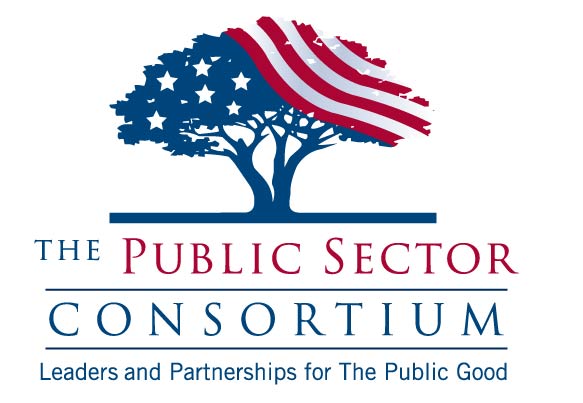It sounds so simple, but the discipline of asking this question, ‘How can I help?’ can become the hallmark of how you lead, hire staff, and measure performance. It is probably the essence of truly great public leadership.
My first real experience with this approach as a way of life was at the local government level. Four years ago after a long day of training with public leaders from cities and towns in Rhode Island I found a very willing participant standing next to me asking how he could help clean up after the training session. I had only met him earlier in the day and had registered that he was the Mayor of Pawtucket, a city of 75,000 and the fourth largest in the state of RI.
I was so taken aback by the simple offer of service that it stuck with me long after the room was cleared and we had all left. What I have learned since that day is that this simple practice of offering to provide service was only the beginning for this leader. Ask yourself when was the last time someone asked you this question and what were the outcomes?
Over the last several years I have observed and experienced how this simple but sincere gesture is something that many other citizens from Pawtucket and Rhode Island have experienced from this Mayor. Pawtucket Superintendent of Schools Patti Dicenso is one of them. She described to us that after a long day at work, Mayor Grebien would often stop by her office if he noticed she was still working late to ask her, “How can I help you? She often found herself taking him up on his offer.
The follow through and discipline required to make this offer of service the way you lead is hard work but for many a very satisfying way to work. Most of us who have received help or observed the effect of this practice from a public leader feel inspired to make this our approach as leaders ourselves.
So how does this simple question go from a hollow offer to something of substance that citizens can count on and trust? As public leaders it is often easy to think you know what people want and need but in reality the skillful practice of: asking what would make a difference; listening to hear what they say and don’t say; and helping them to suggest how to solve their own problems or satisfy their own needs are skills that can be learned and practiced.
Too often public servants can fall into the mental trap of a sole source provider. This approach continues to erode the quality and value of how citizens regard government and undermines our partnership with them.
There are so many examples of how follow through on the “How can I help”? question has played out for citizens and business owners in Pawtucket from a female vet who served in World War ll who really wanted a vet plate for her car to a brewery owner who was working to build a new business, to a stranger cleaning up a training room after everyone was tired.
The unexpected sincere offer of help as the hallmark of public leadership is a powerful disciplined practice. Like many things it is deceivingly simple and in the wrong hands can be a hollow promise. But with someone who really wants to help; and truly listens and knows how to make it happen, it is probably the only thing that works when the person you are offering to help is your partner/citizen.
Senator Claiborne Pell had a great way of capturing this. “I have always considered a seven word phrase my creed as United States Senator: Translate ideas into action and help people.”

